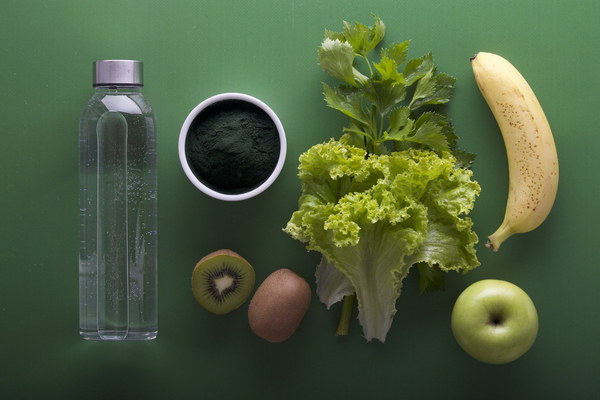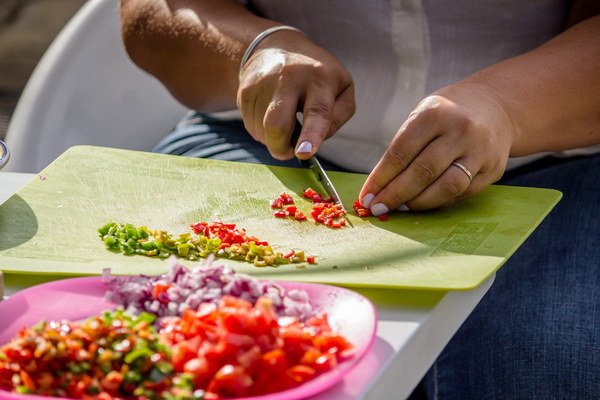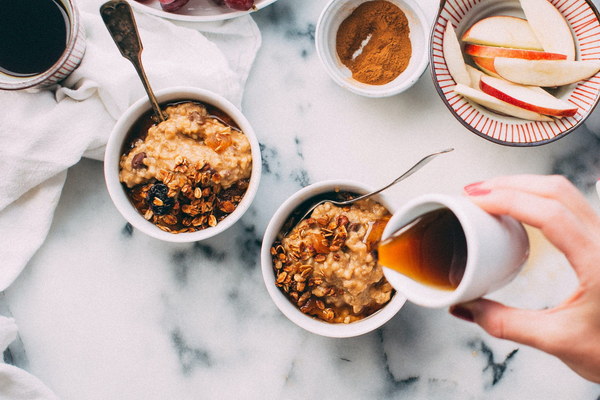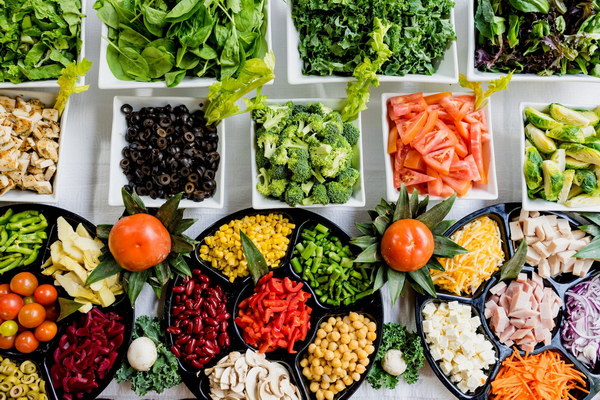Nourishing Your Way to Gastritis Relief A Holistic Approach with Dietary Supplements
Gastritis, an inflammation of the lining of the stomach, is a common digestive disorder that can be triggered by a variety of factors including infections, prolonged use of certain medications, and poor dietary habits. While conventional treatments such as medications and lifestyle changes are often recommended, many individuals are seeking alternative approaches to alleviate their symptoms and promote healing. One such approach is the use of dietary supplements to nourish the stomach and support its natural healing process. In this article, we will explore the benefits of various dietary supplements for treating gastritis and how they can be incorporated into a holistic treatment plan.
1. Probiotics
Probiotics are beneficial bacteria that can help restore the balance of gut flora, which is essential for maintaining a healthy digestive system. Gastritis can disrupt the normal flora, leading to symptoms such as bloating, gas, and diarrhea. By incorporating probiotic-rich foods and supplements into your diet, you can support the growth of beneficial bacteria and promote healing.
Some probiotic-rich foods include yogurt, kefir, sauerkraut, and kimchi. Additionally, probiotic supplements such as Lactobacillus acidophilus and Bifidobacterium bifidum can be taken in capsule or tablet form. It is important to consult with a healthcare professional before starting a probiotic regimen, as some individuals may experience side effects or have underlying health conditions that could be exacerbated by probiotics.
2. Prebiotics
Prebiotics are non-digestible fibers that serve as food for probiotics, helping them to thrive and multiply in the gut. By consuming prebiotic-rich foods, you can support the growth of beneficial bacteria and improve the effectiveness of probiotics. Some prebiotic foods include bananas, onions, garlic, leeks, and asparagus.
Incorporating prebiotic-rich foods into your diet can help to enhance the benefits of probiotics and promote a healthier gut environment. However, it is important to note that prebiotics can also cause gas and bloating in some individuals, so it is advisable to start with small amounts and gradually increase consumption.
3. Glutamine

Glutamine is an amino acid that plays a crucial role in the repair and maintenance of the gut lining. During periods of inflammation, the body's glutamine stores can become depleted, leading to further damage to the stomach lining. Supplementing with glutamine can help support the healing process and reduce inflammation.
Glutamine supplements are available in powder form and can be mixed with water or added to smoothies. It is important to follow the recommended dosage and consult with a healthcare professional before starting glutamine supplementation, as high doses can potentially cause adverse effects.
4. Licorice Root
Licorice root has been used traditionally to treat various digestive disorders, including gastritis. It contains compounds that have anti-inflammatory and healing properties, helping to reduce stomach acidity and promote the repair of the stomach lining.
Licorice root supplements are available in capsule or tea form. However, it is important to note that licorice root can interact with certain medications and may not be suitable for everyone. It is advisable to consult with a healthcare professional before incorporating licorice root into your treatment plan.
5. Ginger
Ginger has been shown to have anti-inflammatory and anti-ulcer properties, making it a valuable herb for treating gastritis. It can help to reduce stomach acidity and alleviate symptoms such as nausea, bloating, and pain.
Ginger can be consumed in various forms, including fresh ginger, ginger tea, or ginger supplements. It is important to start with small amounts and monitor for any adverse reactions, as ginger can cause stomach irritation in some individuals.
In conclusion, incorporating dietary supplements into a holistic treatment plan can help alleviate symptoms and promote healing in individuals with gastritis. However, it is important to consult with a healthcare professional before starting any new supplement regimen, as some individuals may have underlying health conditions or be taking medications that could interact with the supplements. By working with a healthcare provider, individuals can develop a personalized treatment plan that incorporates the benefits of dietary supplements while ensuring safety and efficacy.









